When it comes to ensuring a continuous supply of hot water in your home, electric tankless water heaters are a modern and efficient solution. However, selecting the right size for your electric tankless water heater is crucial for its performance and efficiency. This comprehensive guide is designed to provide you with the necessary information to make an informed decision on sizing your electric tankless water heater, taking into account your household's hot water needs, flow rates, temperature rise, and other essential factors.
Key Takeaways
- Understanding your household's hot water needs and the capacity of electric tankless water heaters is essential for optimal performance and energy efficiency.
- Proper calculation of flow rates and temperature rise is critical to determine the right size of the water heater and ensure it meets your hot water demands.
- Installation and maintenance are key to the longevity and efficiency of your electric tankless water heater, with considerations for electrical requirements and the potential benefits of professional installation.
Understanding Electric Tankless Water Heater Capacity
Evaluating Household Hot Water Needs
To ensure your electric tankless water heater meets your household's hot water demands, it's crucial to evaluate your needs accurately. Start by listing all the hot water appliances and fixtures in your home, such as showers, sinks, dishwashers, and washing machines.
Consider the peak usage times when multiple appliances may be in use simultaneously. This will help you determine the maximum flow rate required from your water heater. For instance, if you typically have showers running at the same time as your dishwasher, you'll need a water heater that can handle the combined flow rate.
- Shower: 2.5 gallons per minute (GPM)
- Sink: 1.0 GPM
- Dishwasher: 1.5 GPM
- Washing Machine: 2.0 GPM
Remember, underestimating your hot water needs can lead to a unit that fails to deliver adequate hot water during peak times, while overestimating can result in unnecessary energy consumption and costs.
By tallying the flow rates of all necessary fixtures and considering simultaneous usage, you can arrive at a realistic figure for your household's hot water needs. This step is fundamental in selecting the right size for your electric tankless water heater.
Calculating Flow Rates and Temperature Rise
To properly size an electric tankless water heater, it's crucial to calculate the flow rates and temperature rise needed for your home. Flow rate is measured in gallons per minute (GPM) and represents the amount of hot water your household consumes at peak usage. Temperature rise, on the other hand, is the difference between the incoming cold water temperature and the desired hot water temperature.
- First, list all the hot water devices you expect to use simultaneously.
- Next, add up their flow rates to determine your total peak GPM.
- Finally, subtract the incoming water temperature from your preferred hot water temperature to find the temperature rise.
Remember, underestimating your hot water needs can lead to a unit that fails to meet demand, while overestimating can result in unnecessary energy consumption and costs.
Accurate calculations ensure that the heater can provide a continuous supply of hot water during peak usage without overloading the system. This balance is essential for both efficiency and the longevity of your electric tankless water heater.
Types of Electric Tankless Water Heaters
Electric tankless water heaters come in various types, each designed to meet specific needs and preferences. Point-of-use heaters are compact units installed near the point of demand, providing hot water directly to a sink or shower. These are ideal for small applications or as a supplemental heat source. On the other hand, whole-house heaters are larger and powerful enough to supply hot water to multiple fixtures simultaneously.
- Point-of-use heaters
- Whole-house heaters
When selecting a type, consider the number of devices you wish to run and their simultaneous hot water demand. >Remember, the right type of electric tankless water heater can significantly impact energy efficiency and user satisfaction. It's crucial to match the heater's capacity with your household's hot water consumption patterns.
Importance of Accurate Sizing
Accurate sizing of an electric tankless water heater is crucial for ensuring efficient operation and cost-effectiveness. Incorrectly sized units can lead to a range of problems, from inadequate hot water supply to unnecessarily high energy bills.
- An oversized unit will incur higher upfront costs and may cycle on and off more frequently, reducing its lifespan.
- Conversely, an undersized heater will struggle to meet the hot water demand, causing interruptions in service and potential discomfort.
- Proper sizing takes into account the simultaneous hot water needs of all fixtures to provide a seamless supply.
Ensuring your electric tankless water heater is properly sized will not only provide continuous hot water when you need it but also optimize energy consumption and extend the life of the unit.
Installation and Maintenance Considerations
Electrical Requirements and Safety
When installing an electric tankless water heater, understanding the electrical requirements is crucial for both performance and safety. Proper electrical wiring and circuitry are essential to handle the high power demand of these units.
- Ensure your home's electrical system can support the amperage and voltage required by the heater.
- Dedicated circuits are often necessary to prevent overloading.
- Ground Fault Circuit Interrupters (GFCIs) should be installed for added safety.
It is imperative to adhere to local building codes and standards, which may dictate specific electrical requirements for the installation of tankless water heaters.
Always consult with a licensed electrician before proceeding with the installation. They can provide valuable insights into the necessary upgrades and safety precautions to ensure that your system operates efficiently and safely.
Professional vs. DIY Installation
Deciding between professional and DIY installation of an electric tankless water heater is a critical step that can impact both the performance and safety of the unit. Professional installation is recommended for most homeowners due to the complexity of the task and the potential for serious risks if not installed correctly.
- Professionals have the necessary expertise and tools to ensure the unit is installed according to local codes and manufacturer's instructions.
- A licensed electrician can handle the high-voltage electrical connections safely and legally.
- Warranty issues may arise if the installation is not performed by a certified installer.
While DIY installation may seem cost-effective, it is important to consider the long-term implications and potential additional costs due to errors or non-compliance with safety standards. The peace of mind that comes with professional installation often outweighs the initial savings of a DIY approach.
Routine Maintenance for Optimal Performance
To ensure your electric tankless water heater operates efficiently and has a long lifespan, routine maintenance is essential. Regular descaling is particularly important in areas with hard water, as mineral buildup can significantly reduce heating efficiency and flow rate.
- Inspect the system for any signs of wear or leaks.
- Clean the inlet screen filter to prevent blockage.
- Check all electrical connections for signs of corrosion or damage.
- Schedule an annual professional inspection to assess the overall health of the heater.
Keeping a maintenance log can help you track the health of your water heater and anticipate when parts may need to be replaced. This proactive approach can prevent unexpected breakdowns and costly repairs.
Troubleshooting Common Issues
When your electric tankless water heater encounters problems, it's crucial to address them promptly to ensure continuous hot water supply and system longevity. Common issues include fluctuating water temperatures, low water pressure, and system shutdowns.
- First, check for any error codes displayed on the unit and refer to the manual for specific troubleshooting steps.
- Ensure that the electrical supply is consistent and that all connections are secure.
- Regularly descale the heating elements to prevent buildup that can affect performance.
- If the problem persists, consult a professional technician to avoid further damage.
Remember, while some troubleshooting can be done by the homeowner, complex problems should be handled by qualified professionals to maintain the warranty and ensure safety.
Frequently Asked Questions
How do I determine the right size electric tankless water heater for my home?
To determine the right size, you need to calculate the flow rates of fixtures you plan to use simultaneously and estimate the temperature rise needed based on the groundwater temperature in your area. Add up the flow rates (in gallons per minute) and determine the heater's capacity to ensure it can handle the demand.
Can I install an electric tankless water heater myself?
While some homeowners may have the skills to install an electric tankless water heater, it's generally recommended to hire a professional. This ensures proper installation that complies with local codes and safety standards, as well as maintaining the manufacturer's warranty.
What maintenance does an electric tankless water heater require?
Electric tankless water heaters require less maintenance than traditional tank heaters, but it's still important to perform routine check-ups. This includes descaling to prevent mineral build-up, checking the in-line screen filter, and ensuring the system is operating correctly to maintain efficiency and prolong the unit's lifespan.

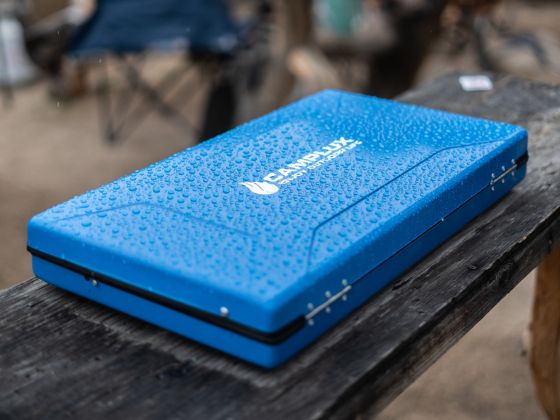
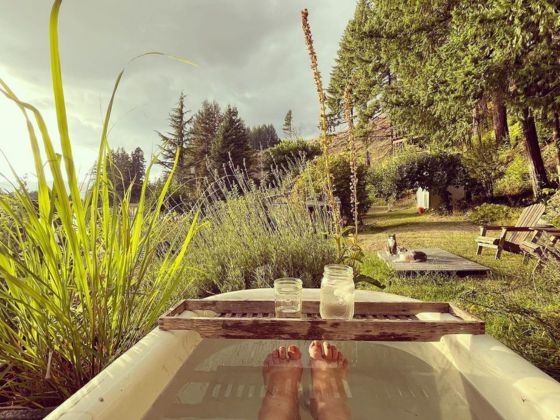
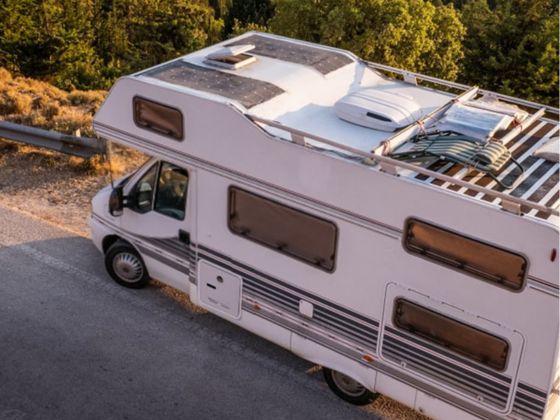
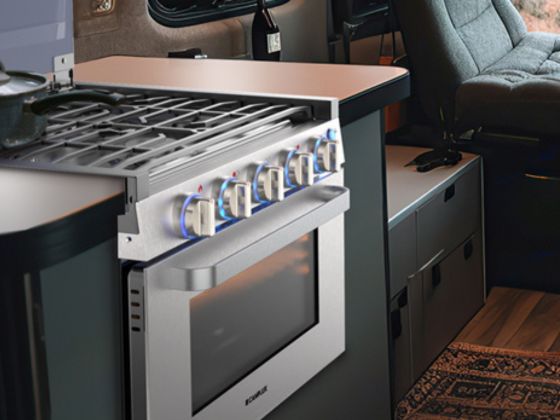
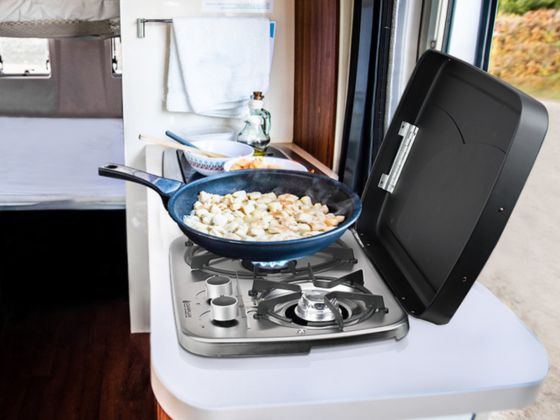
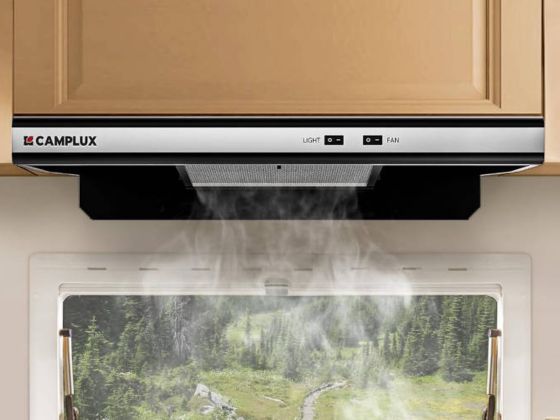
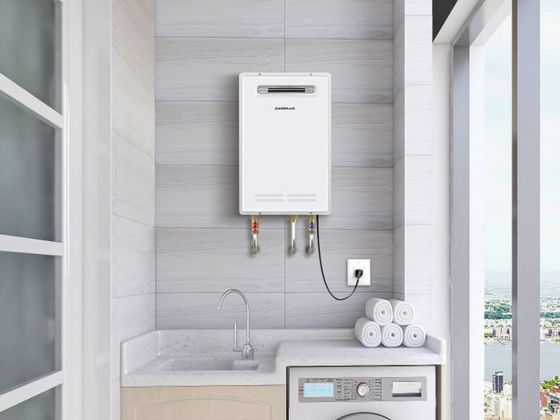
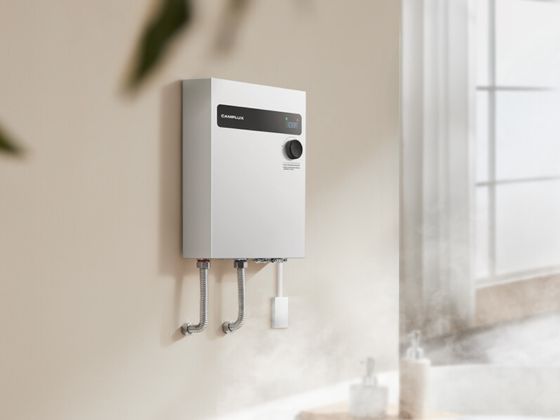
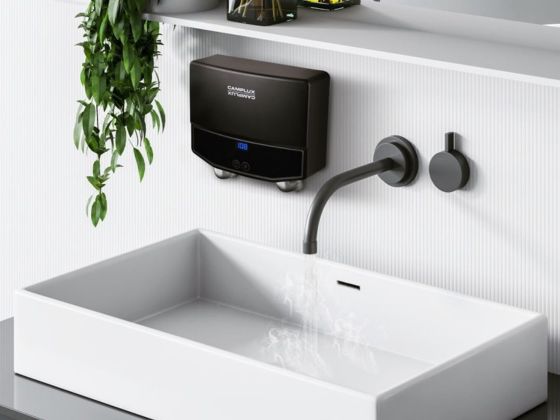


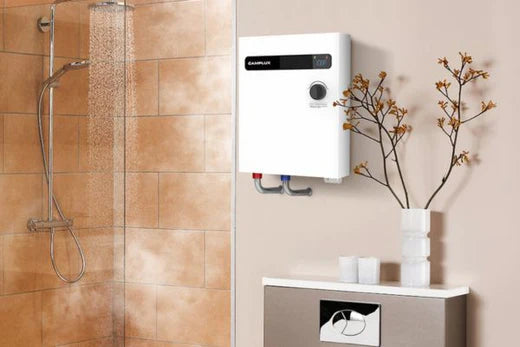

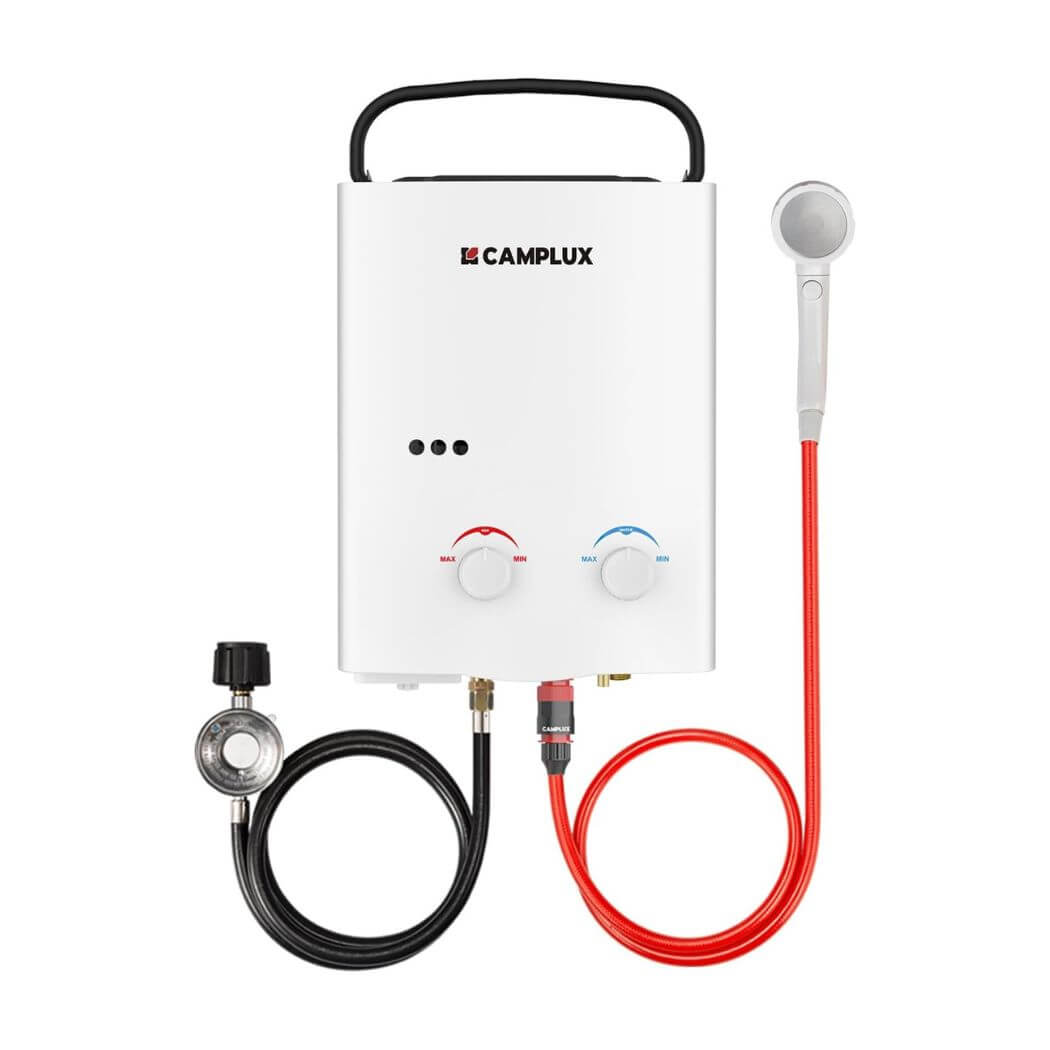
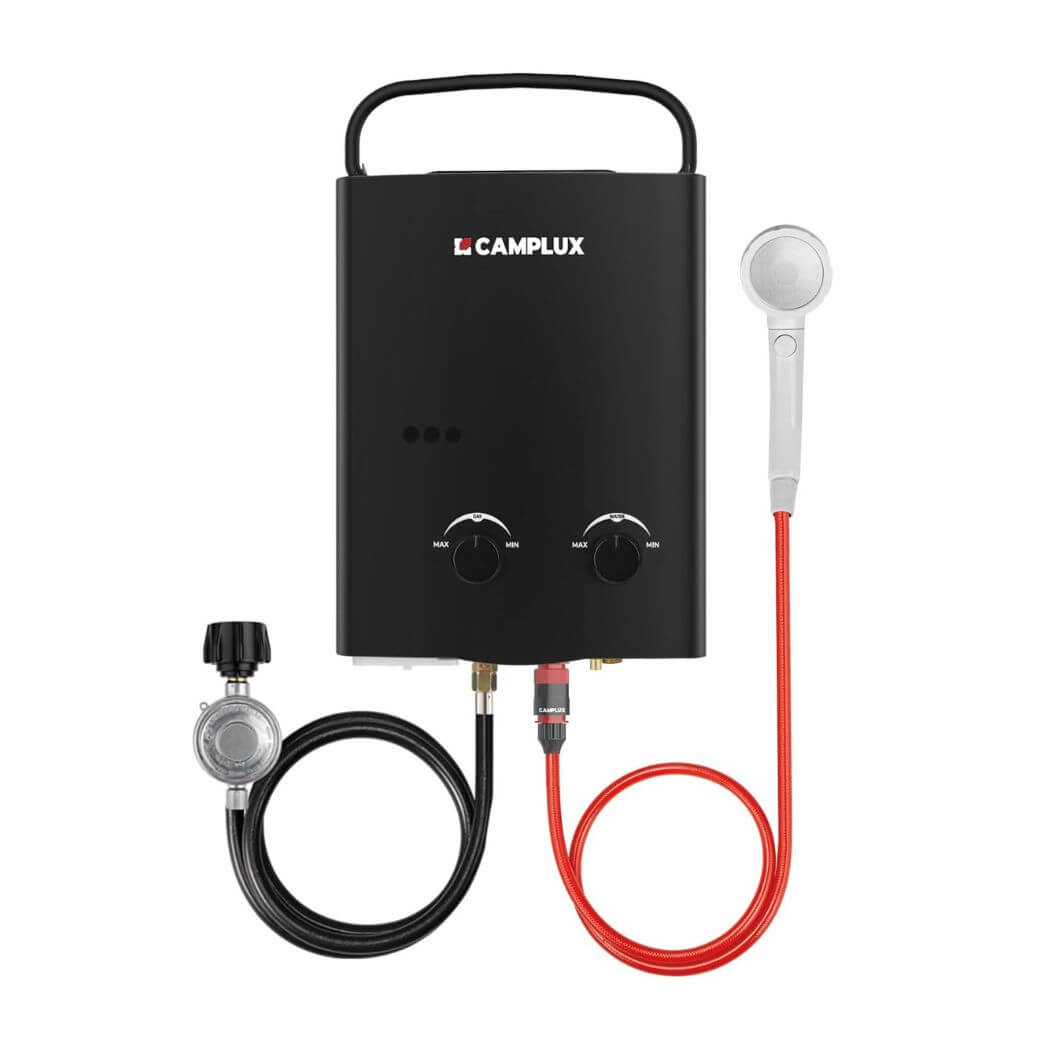
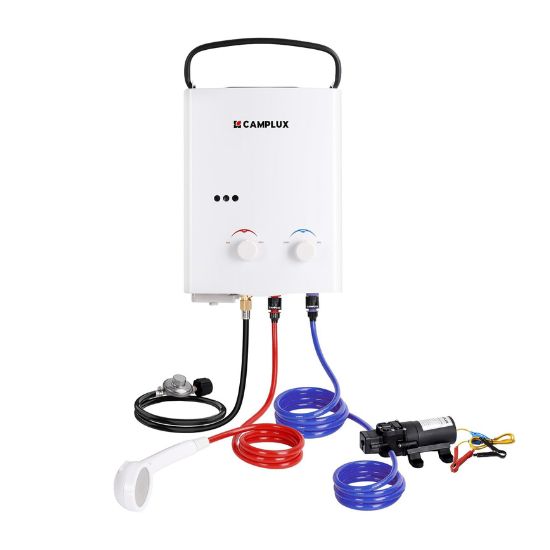
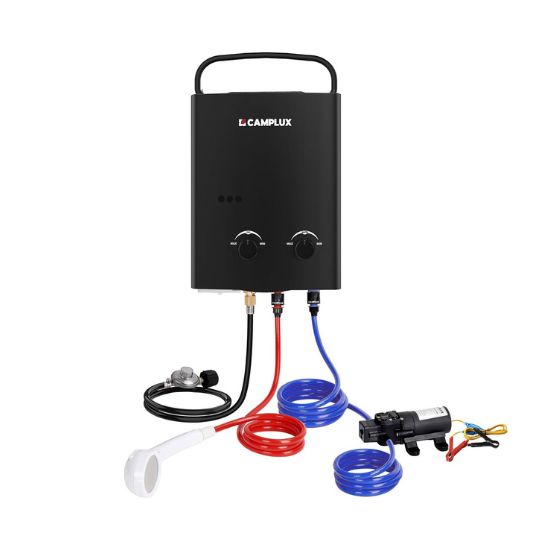
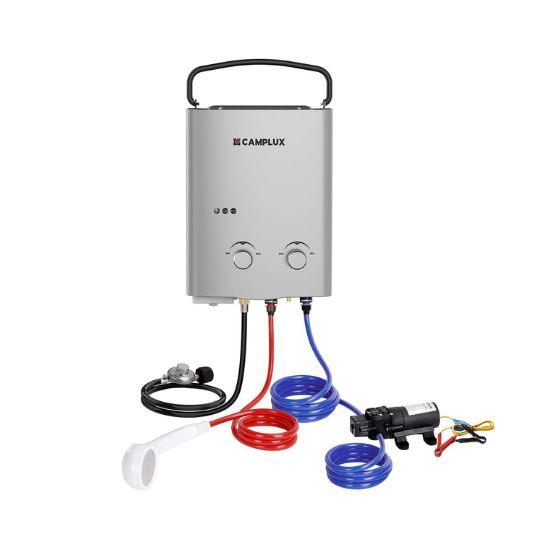
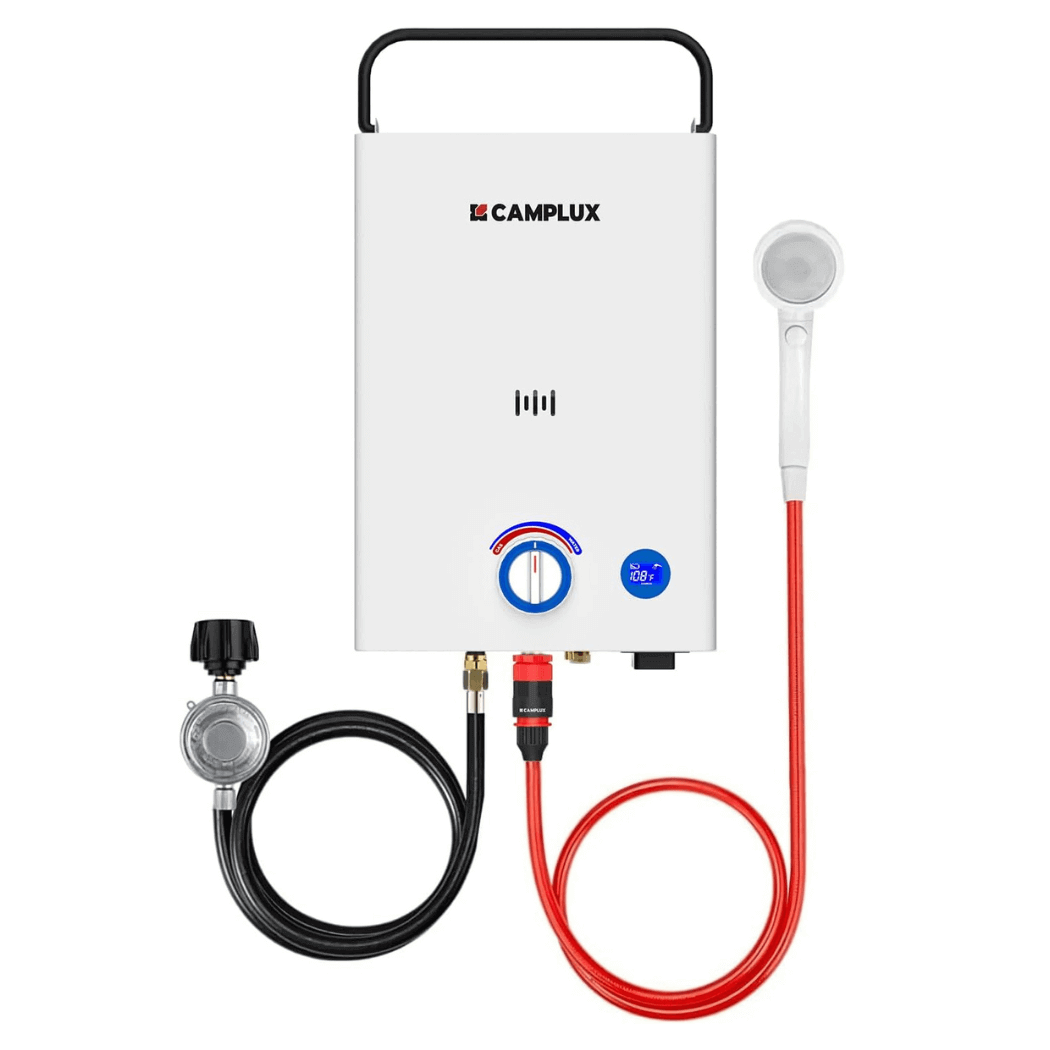
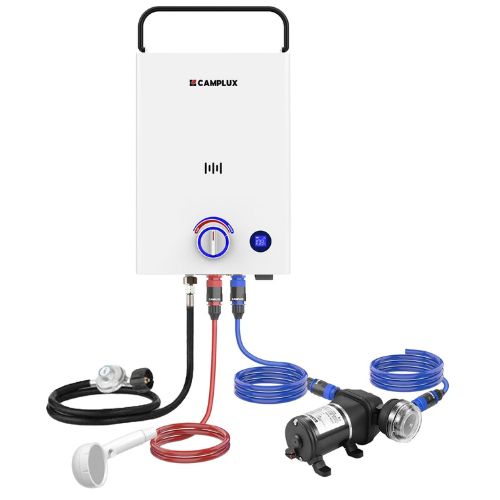
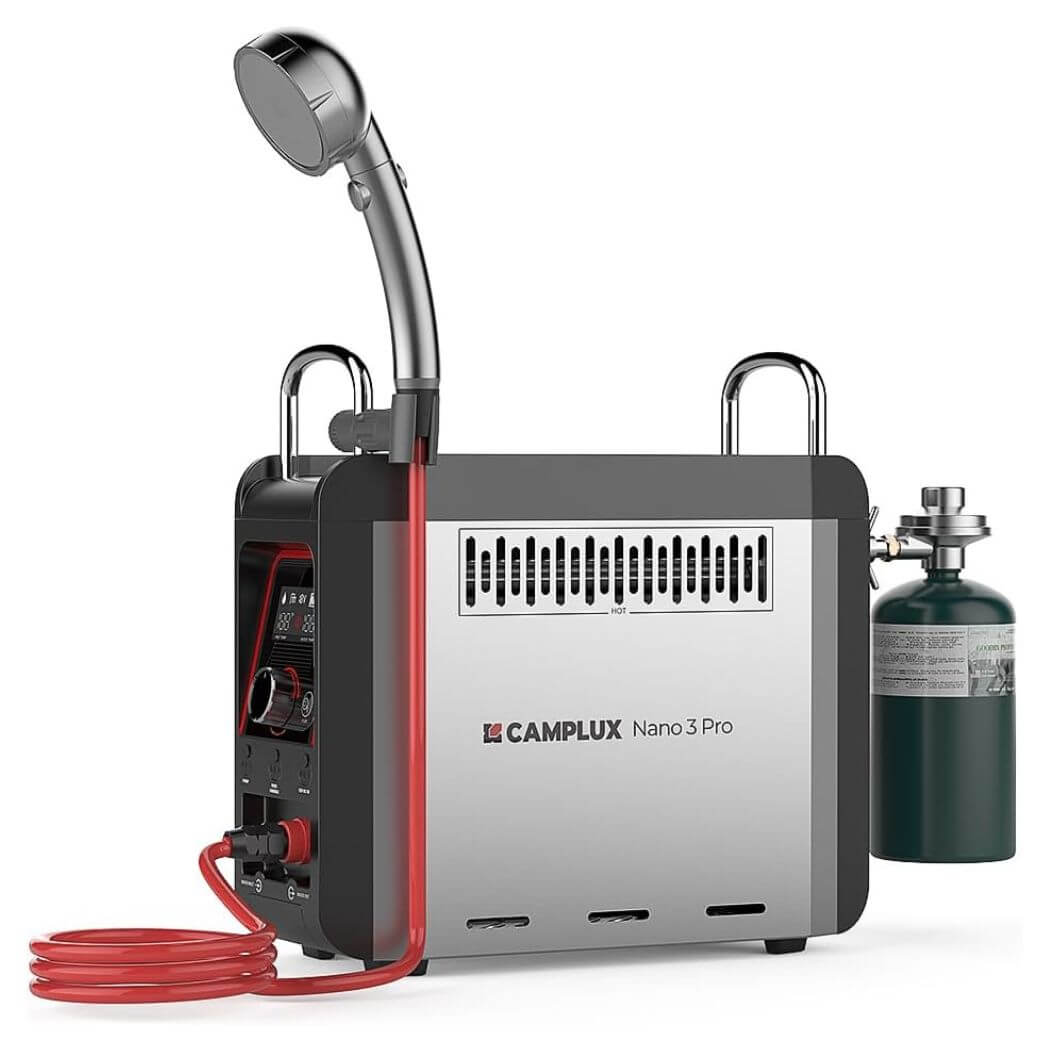
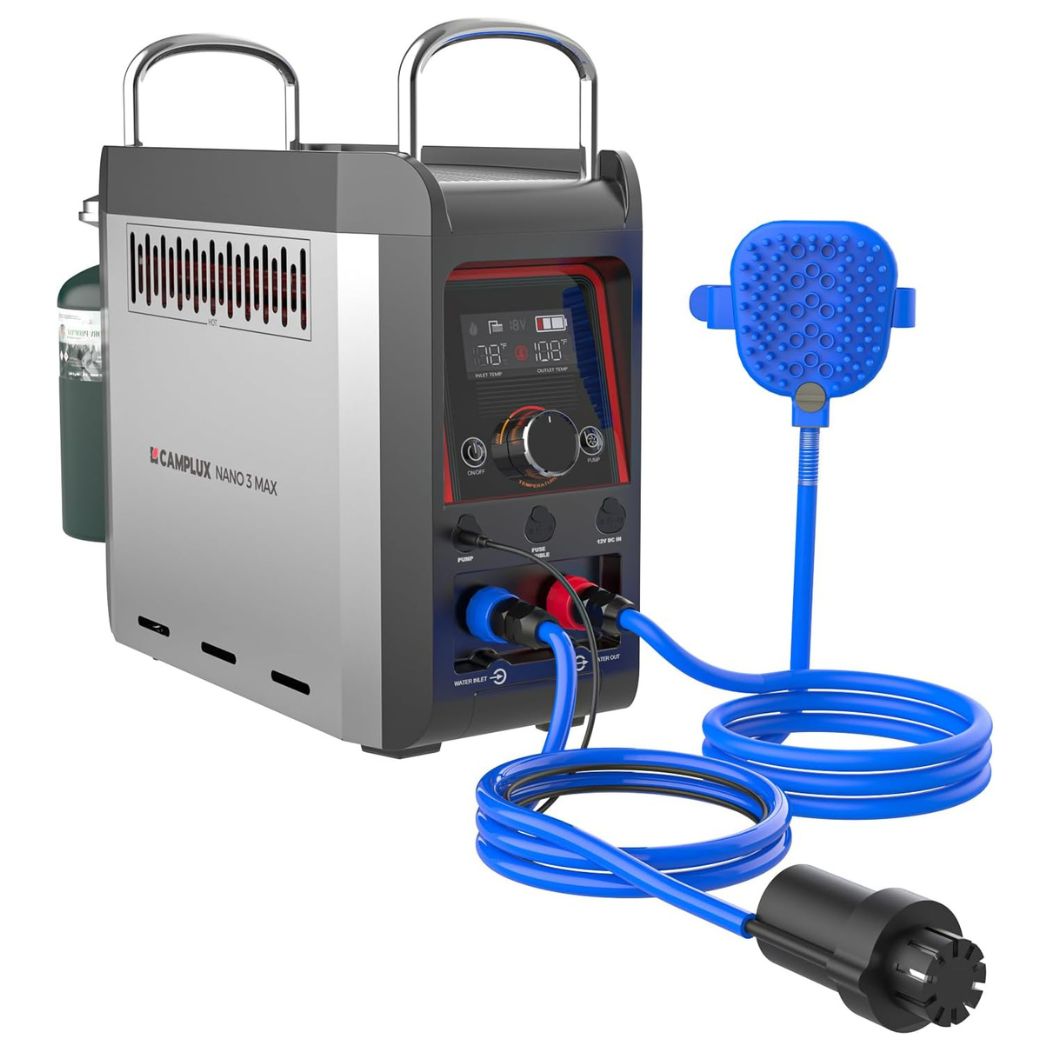
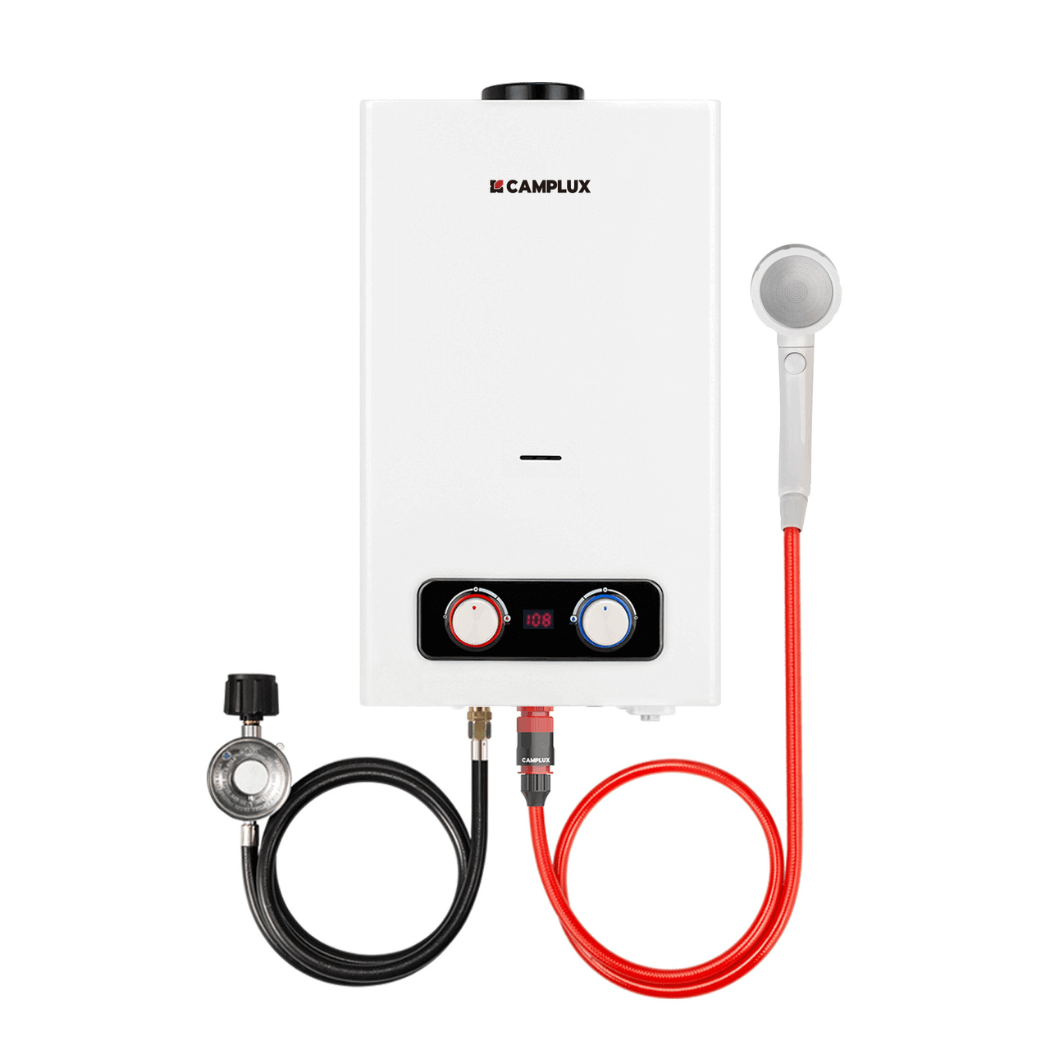
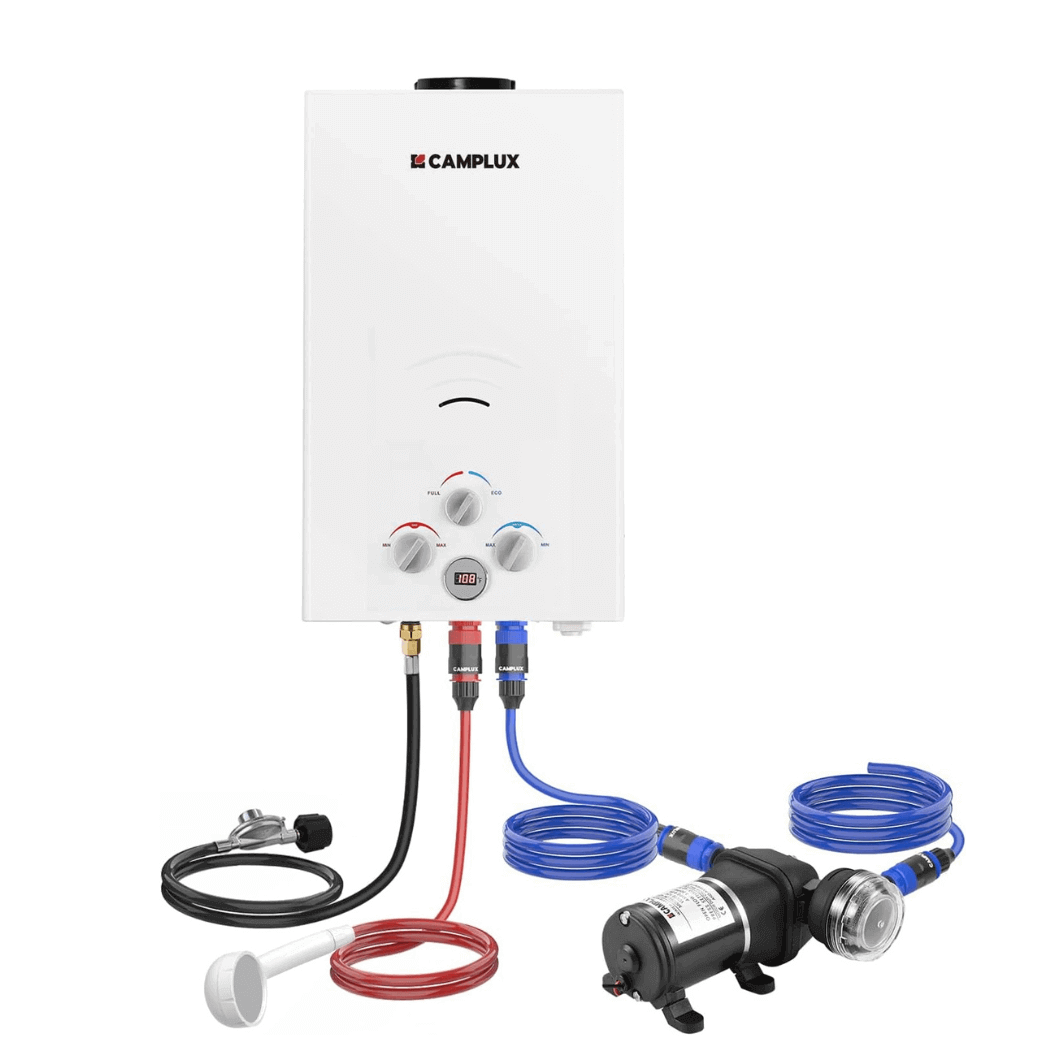
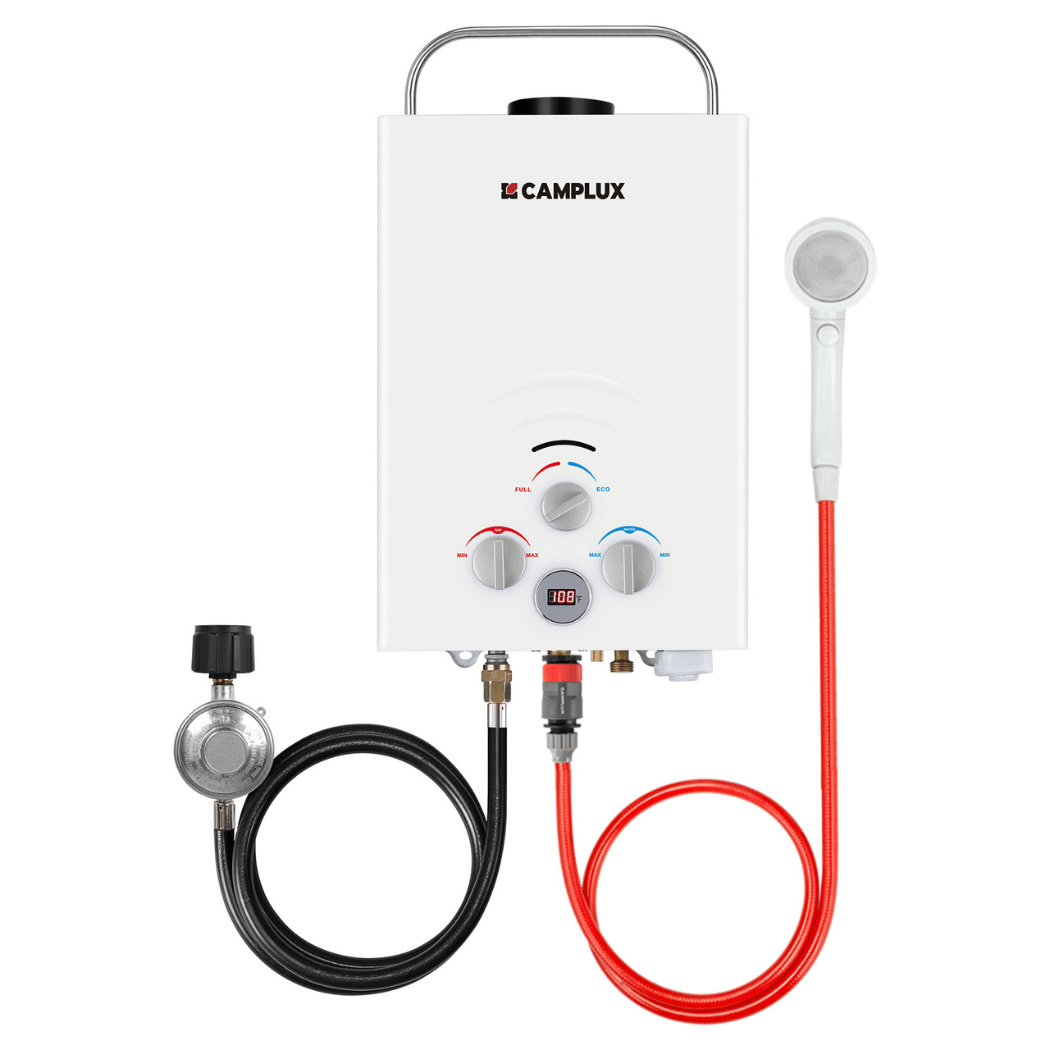
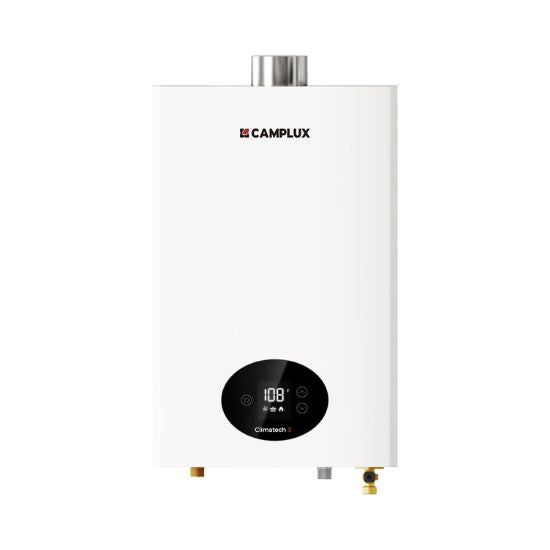
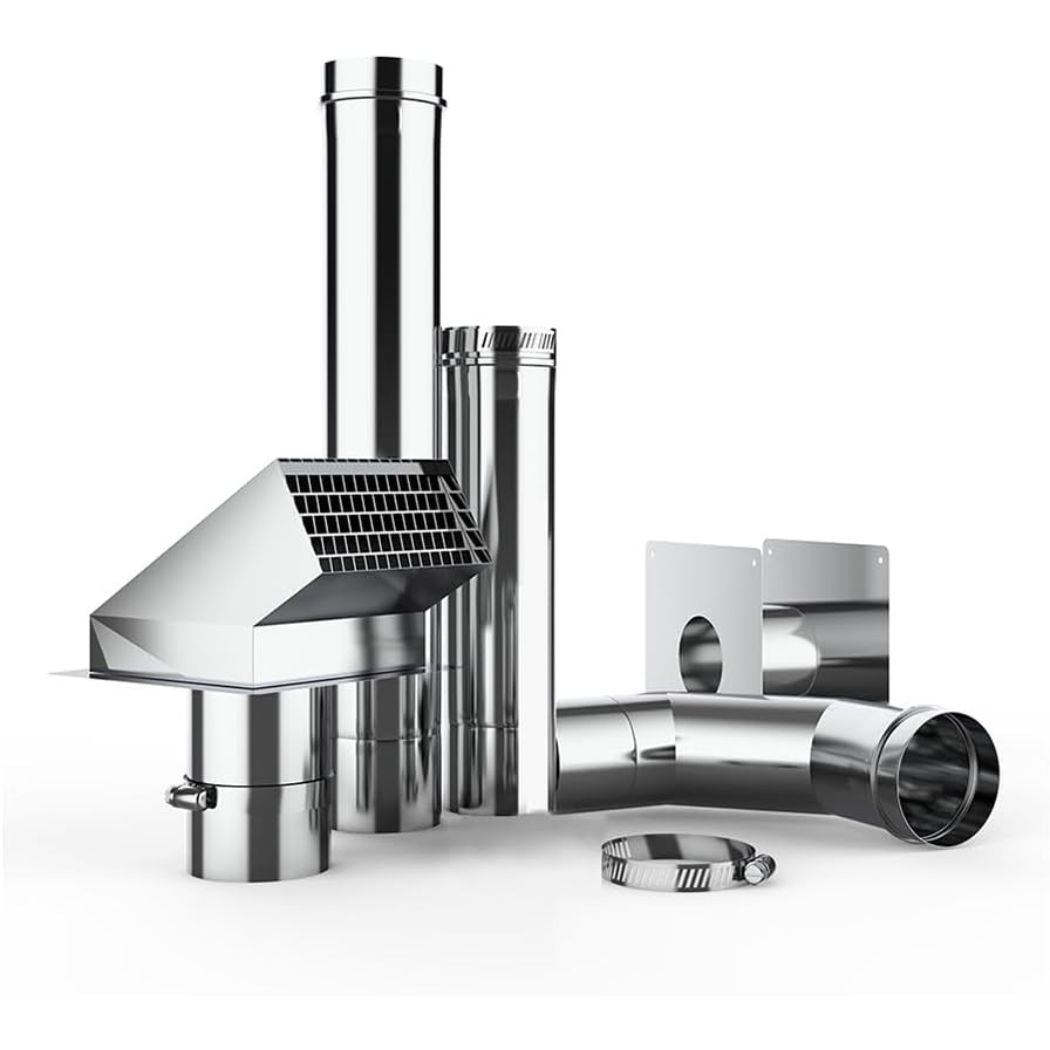
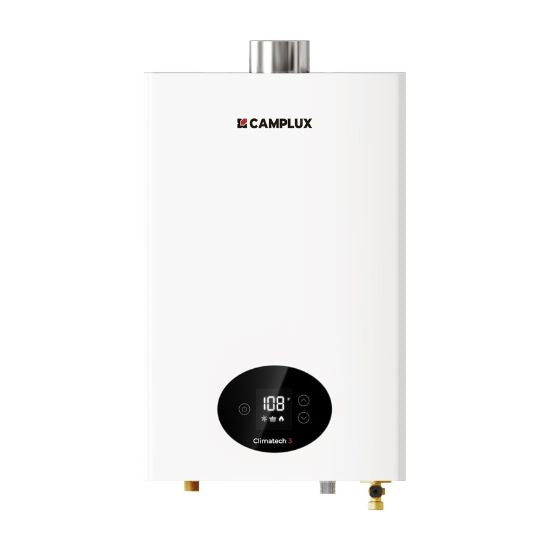
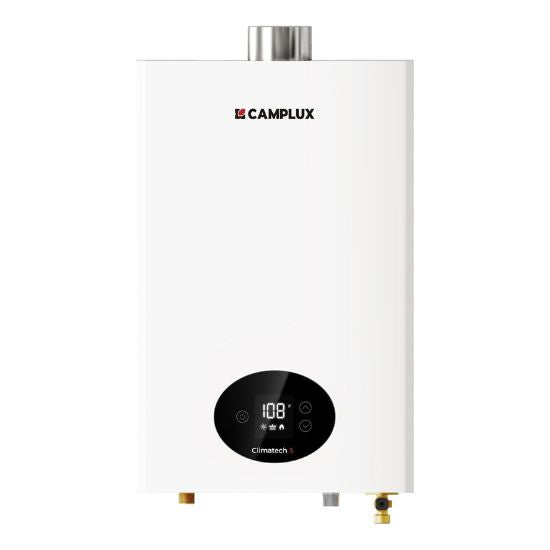
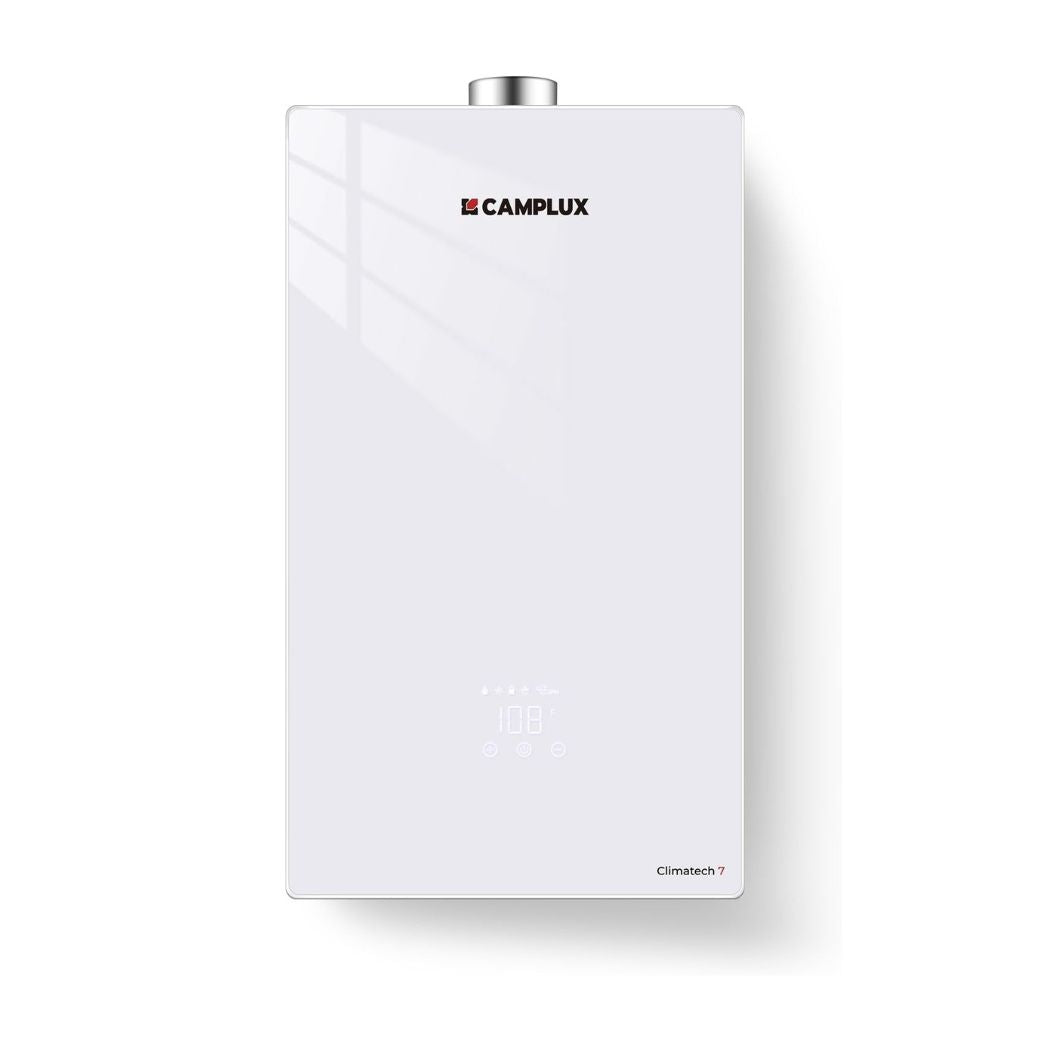
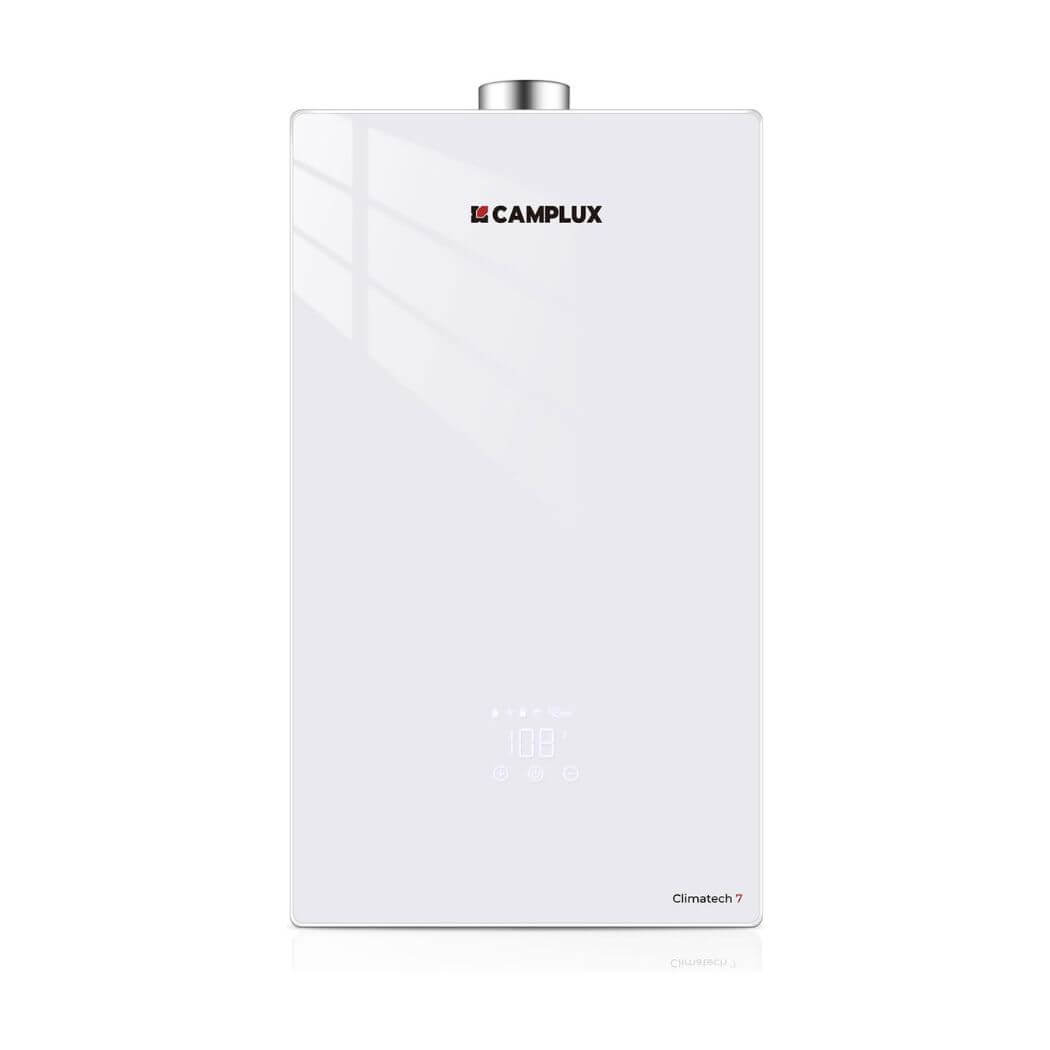
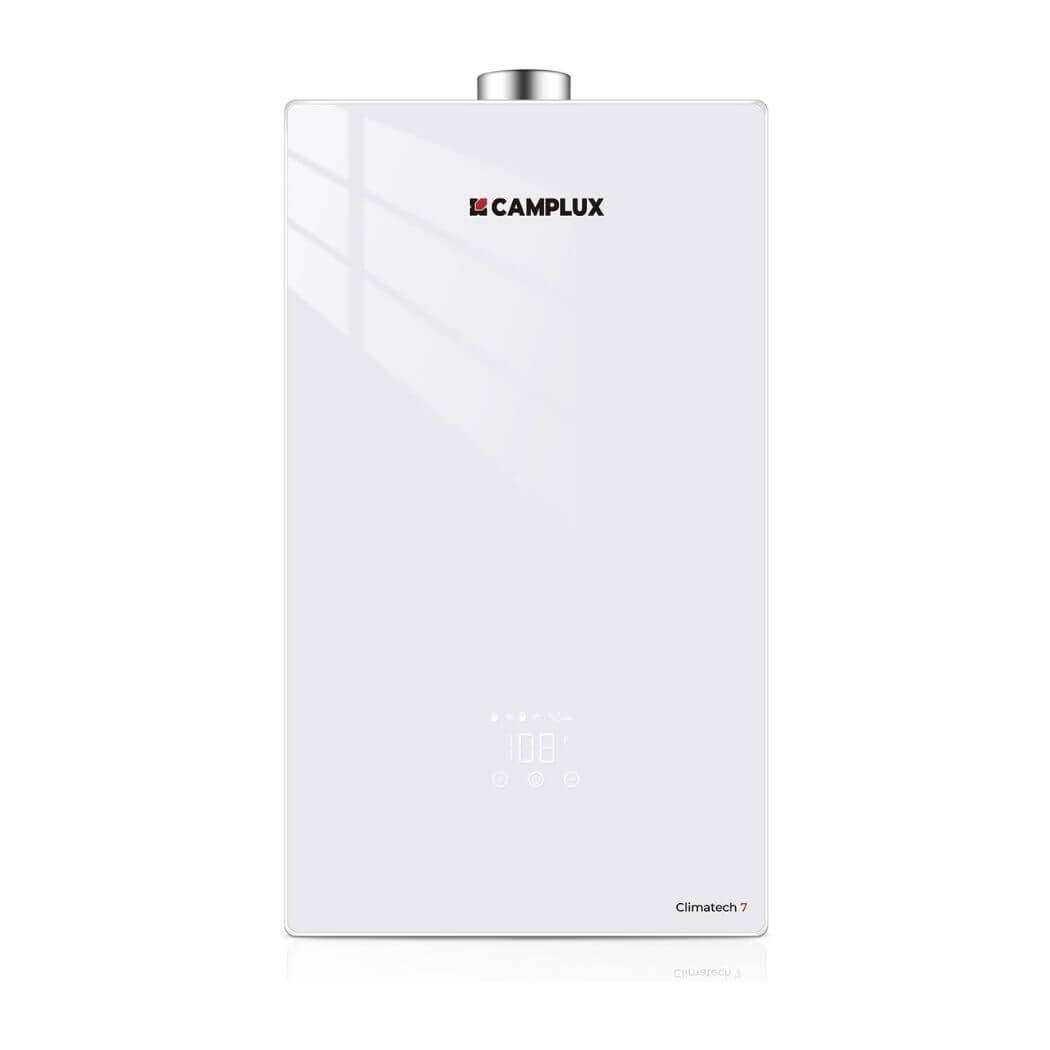
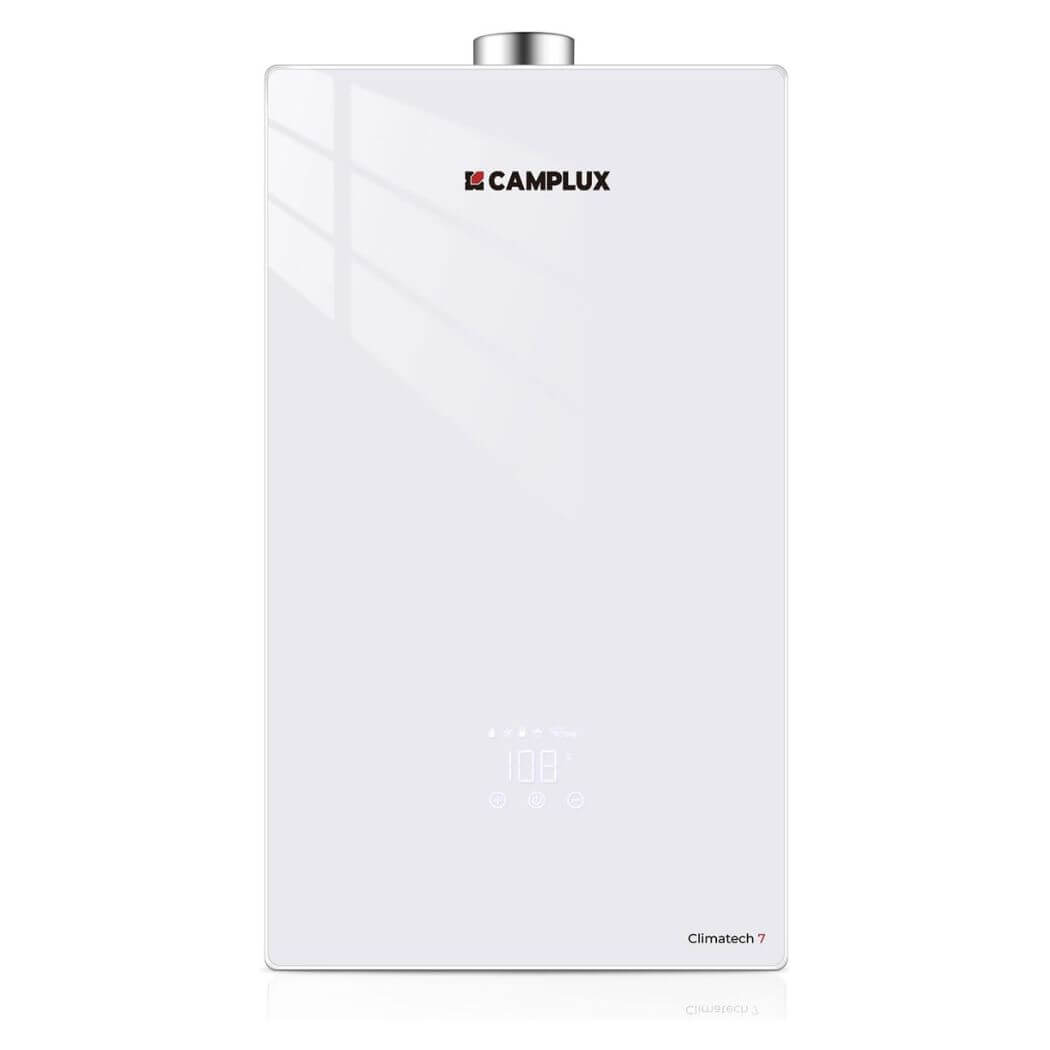
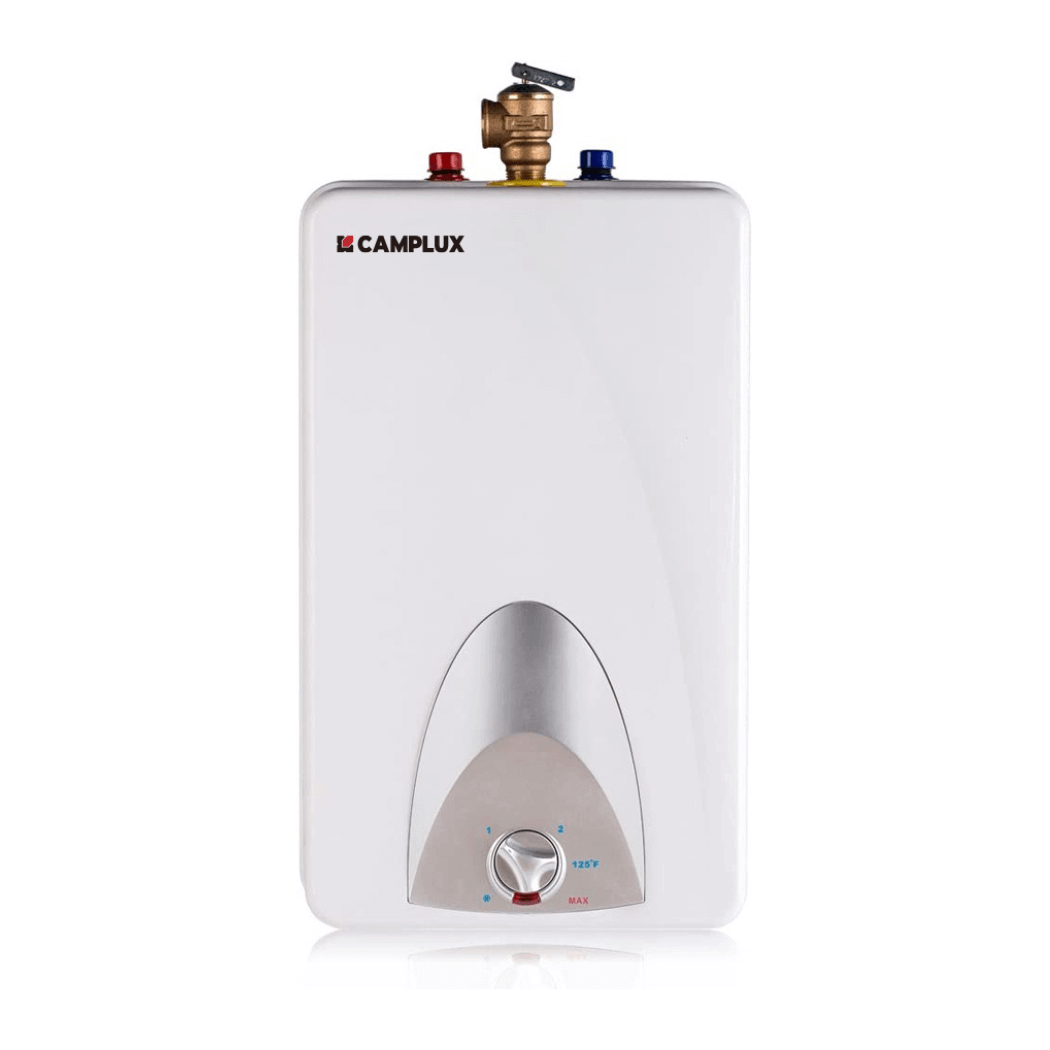
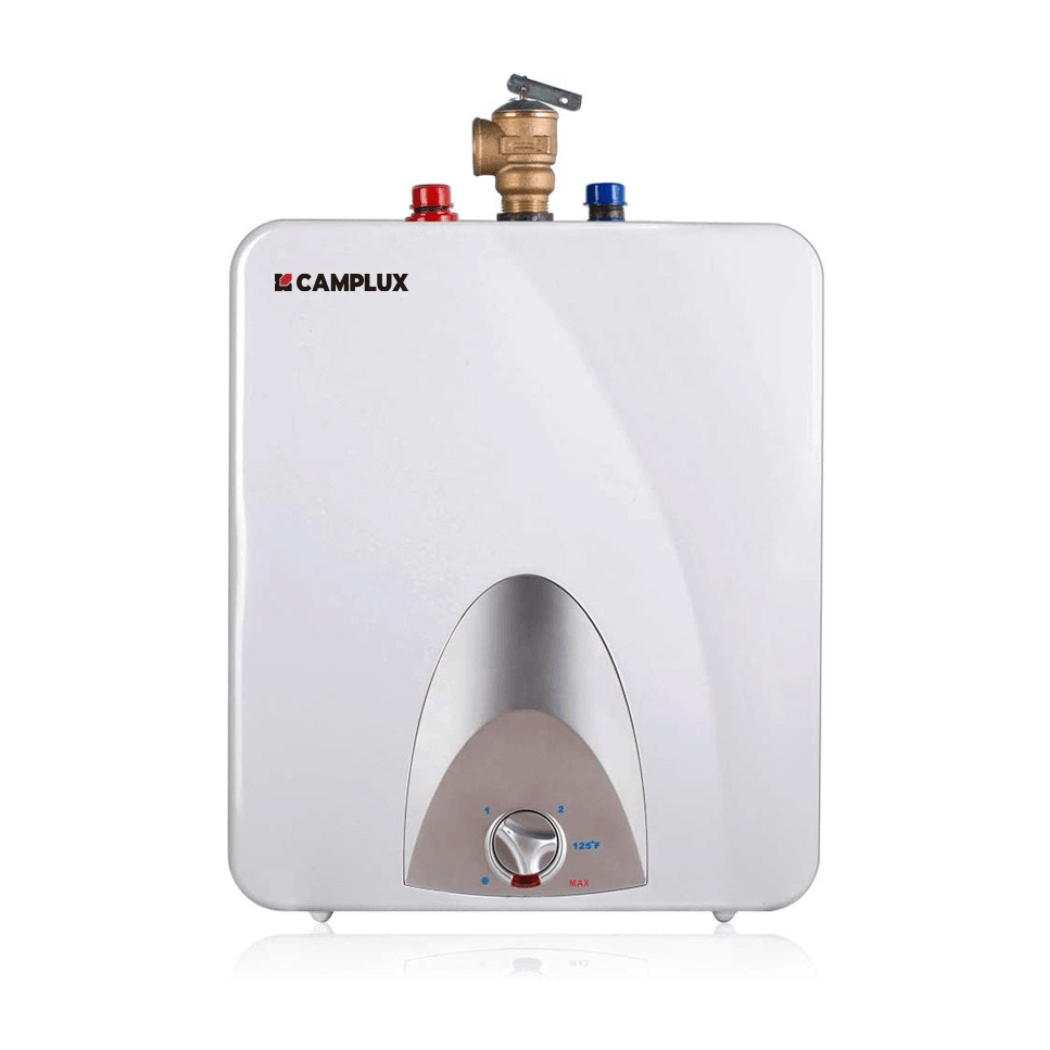
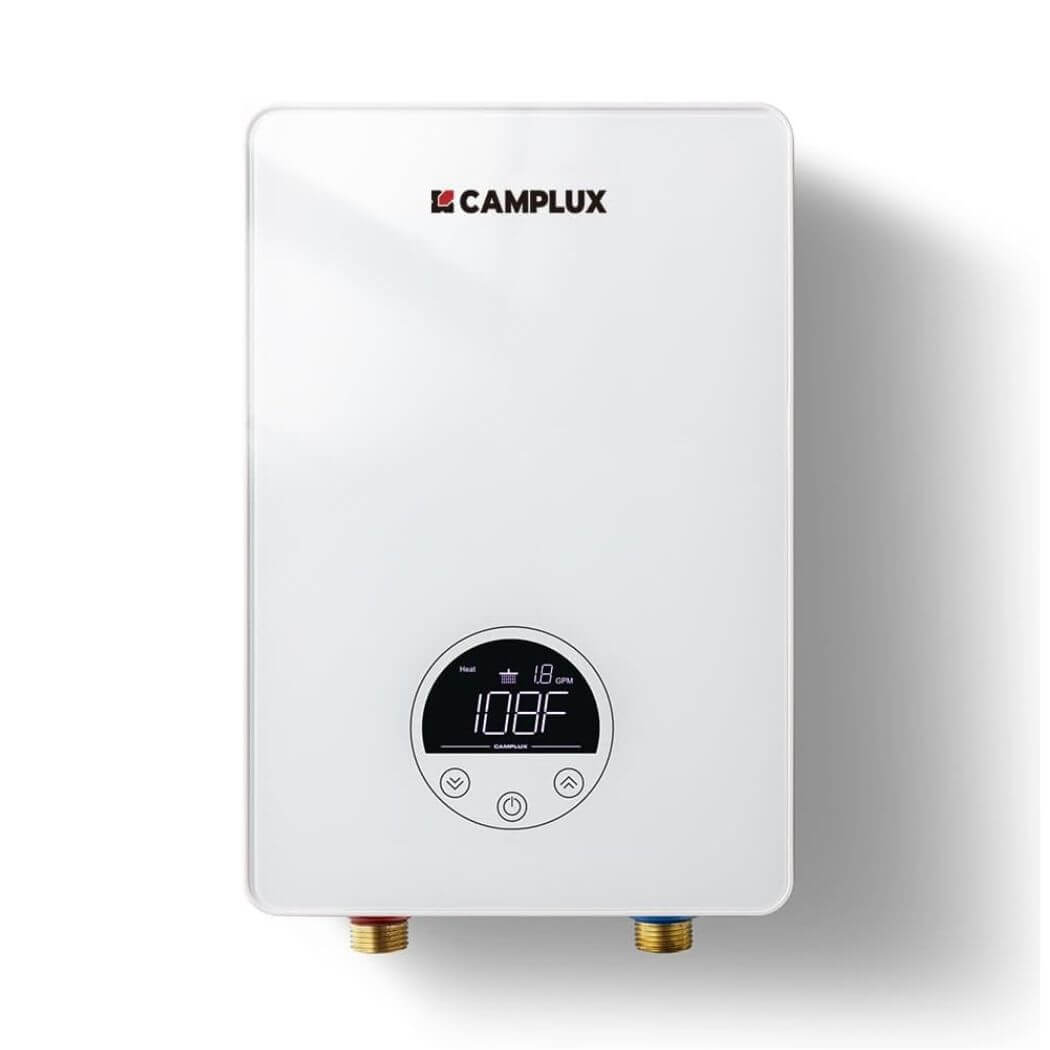
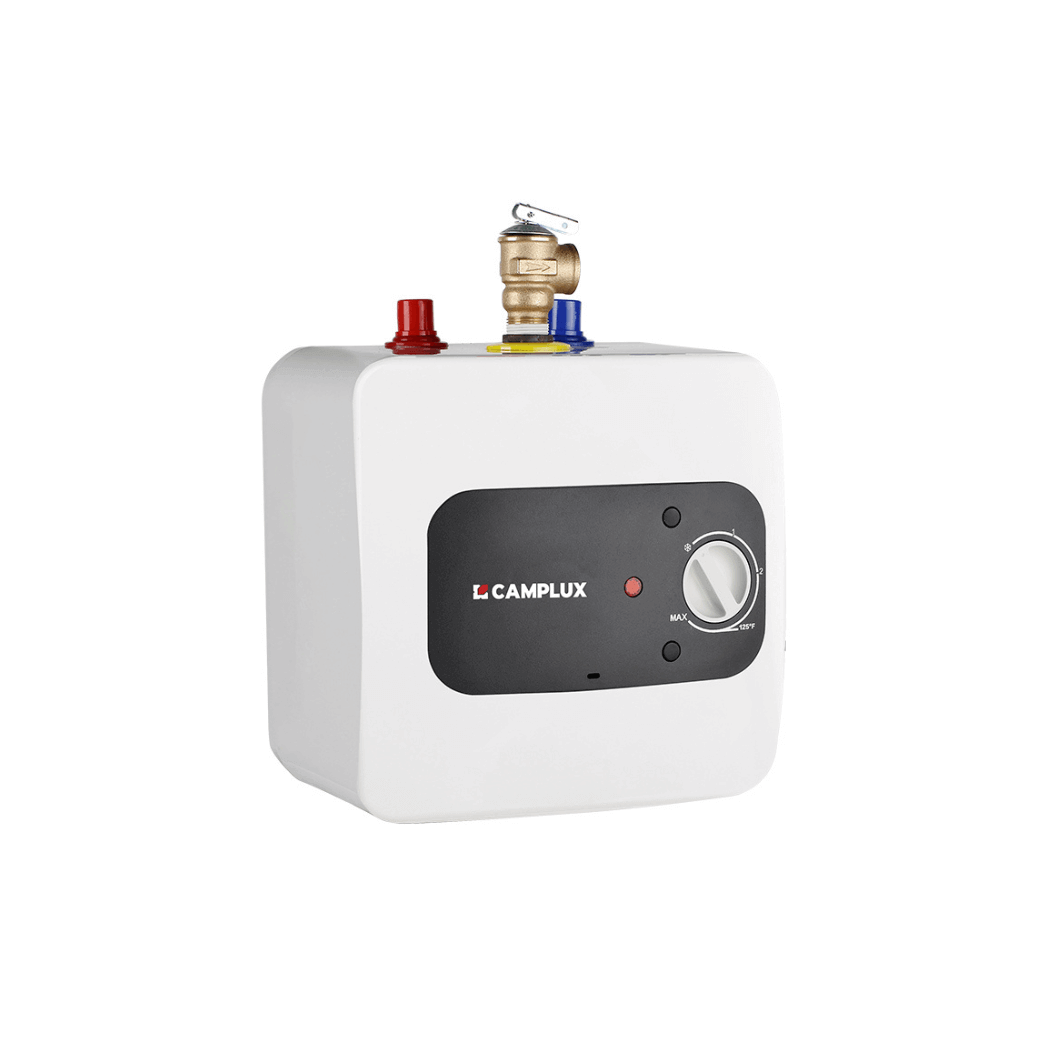
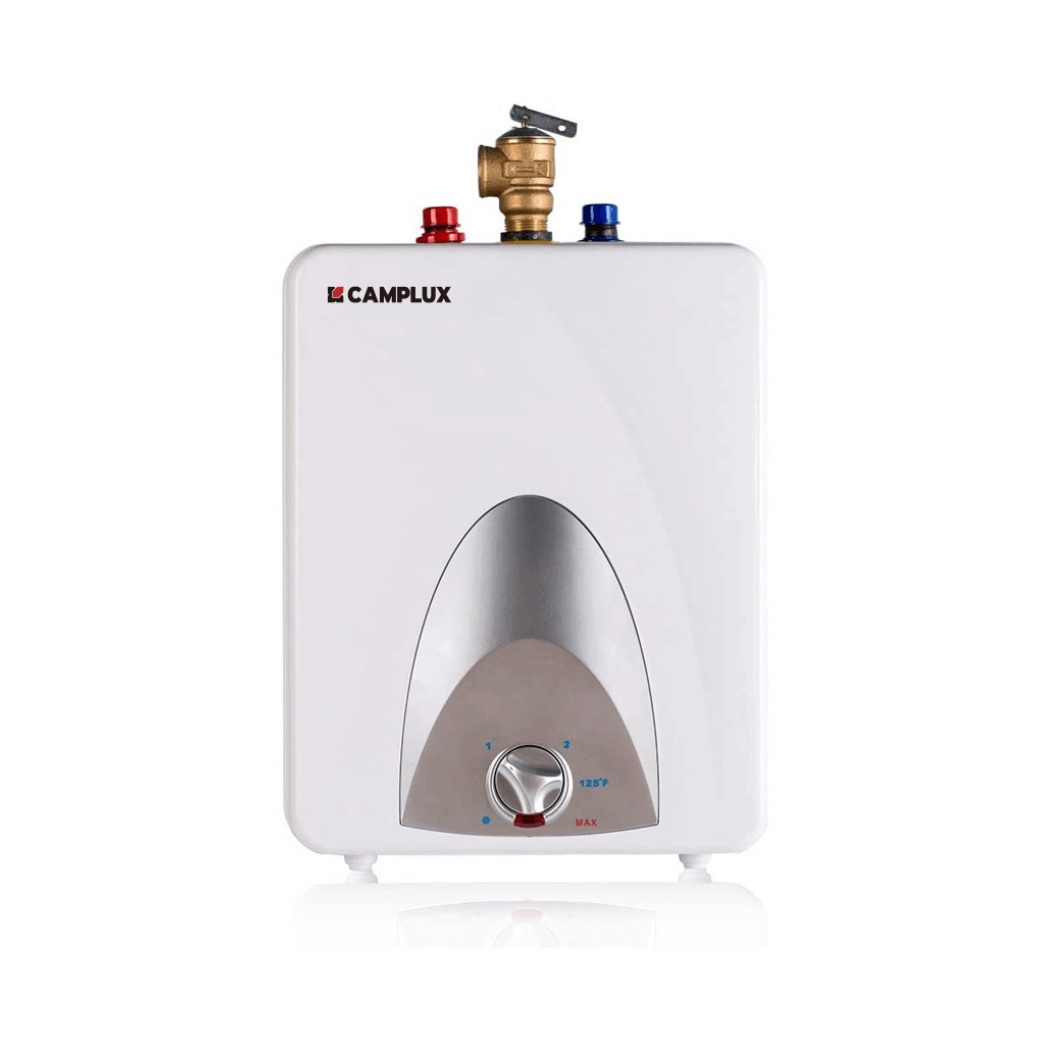
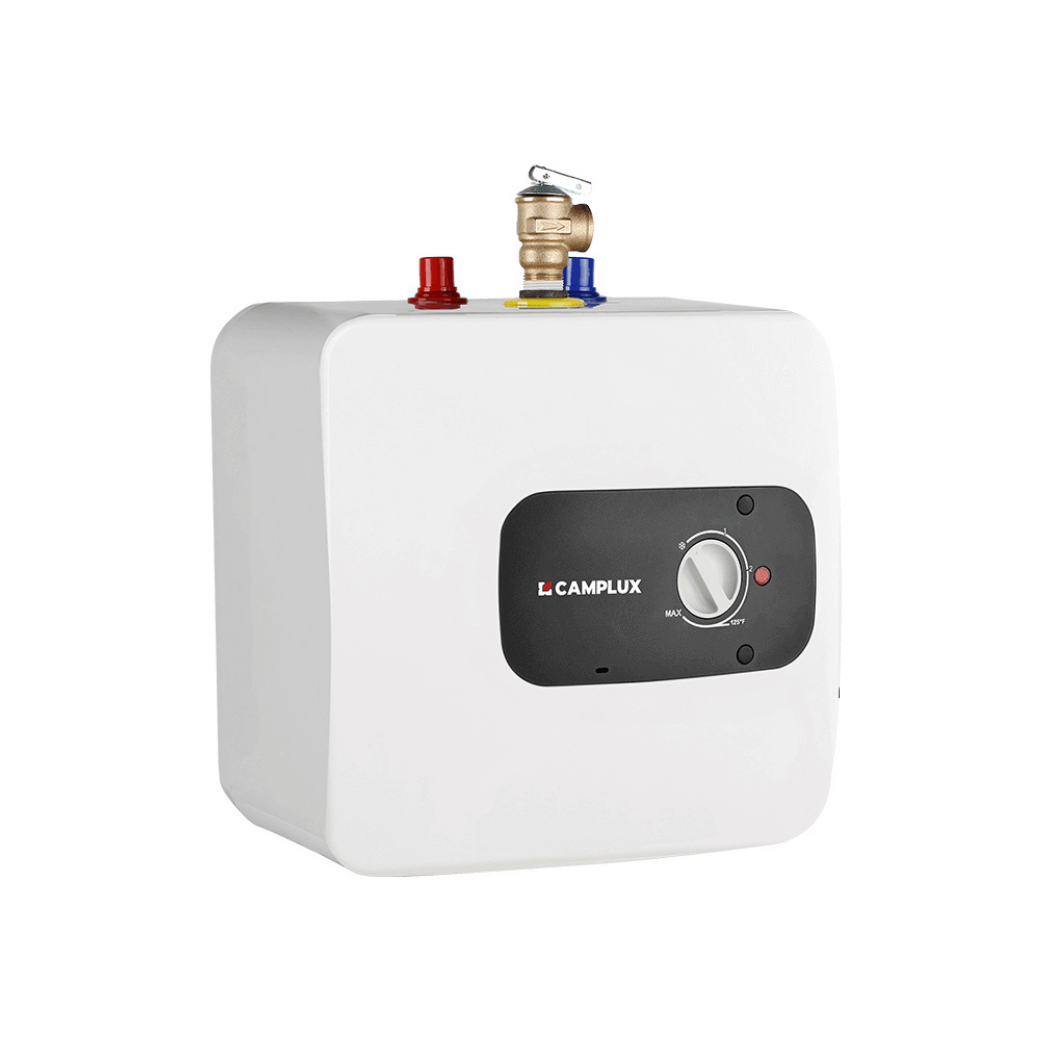
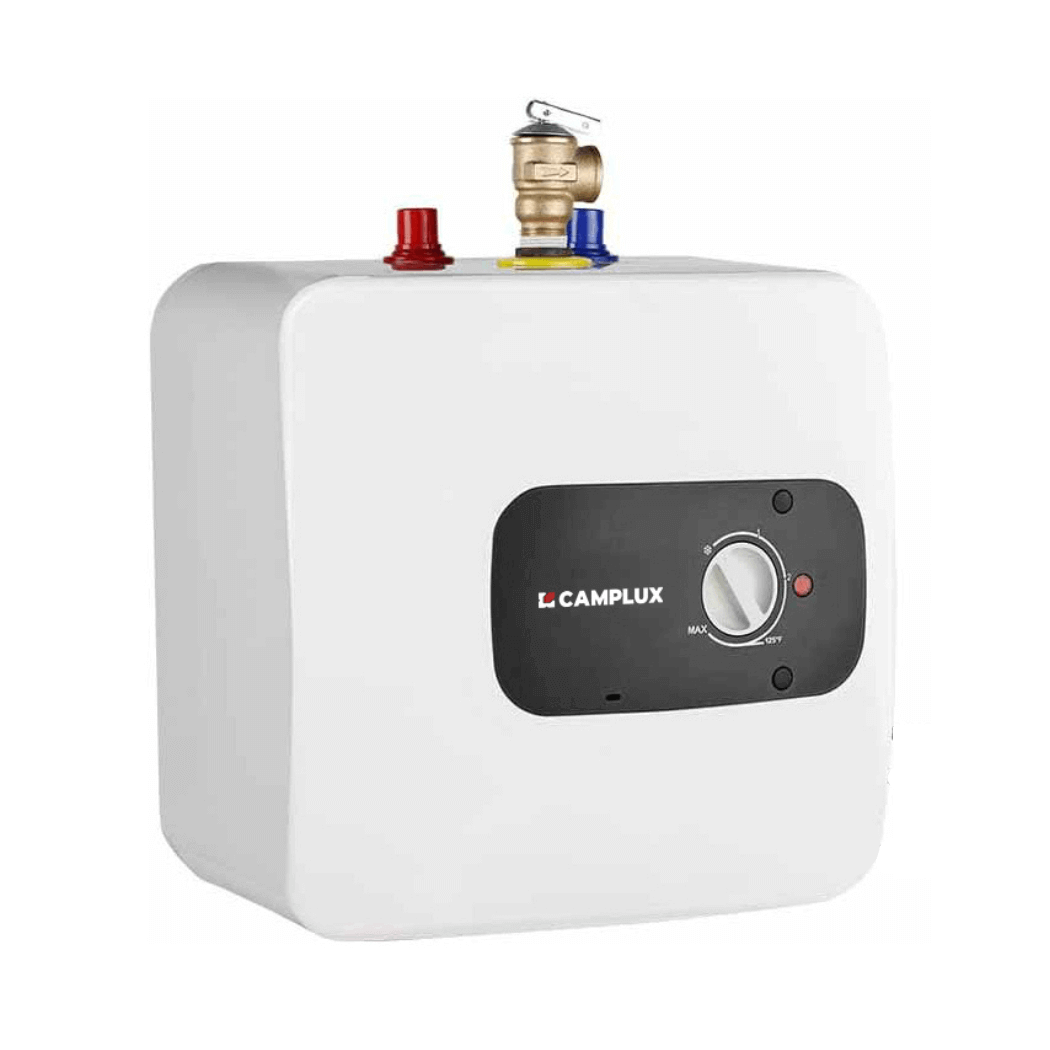
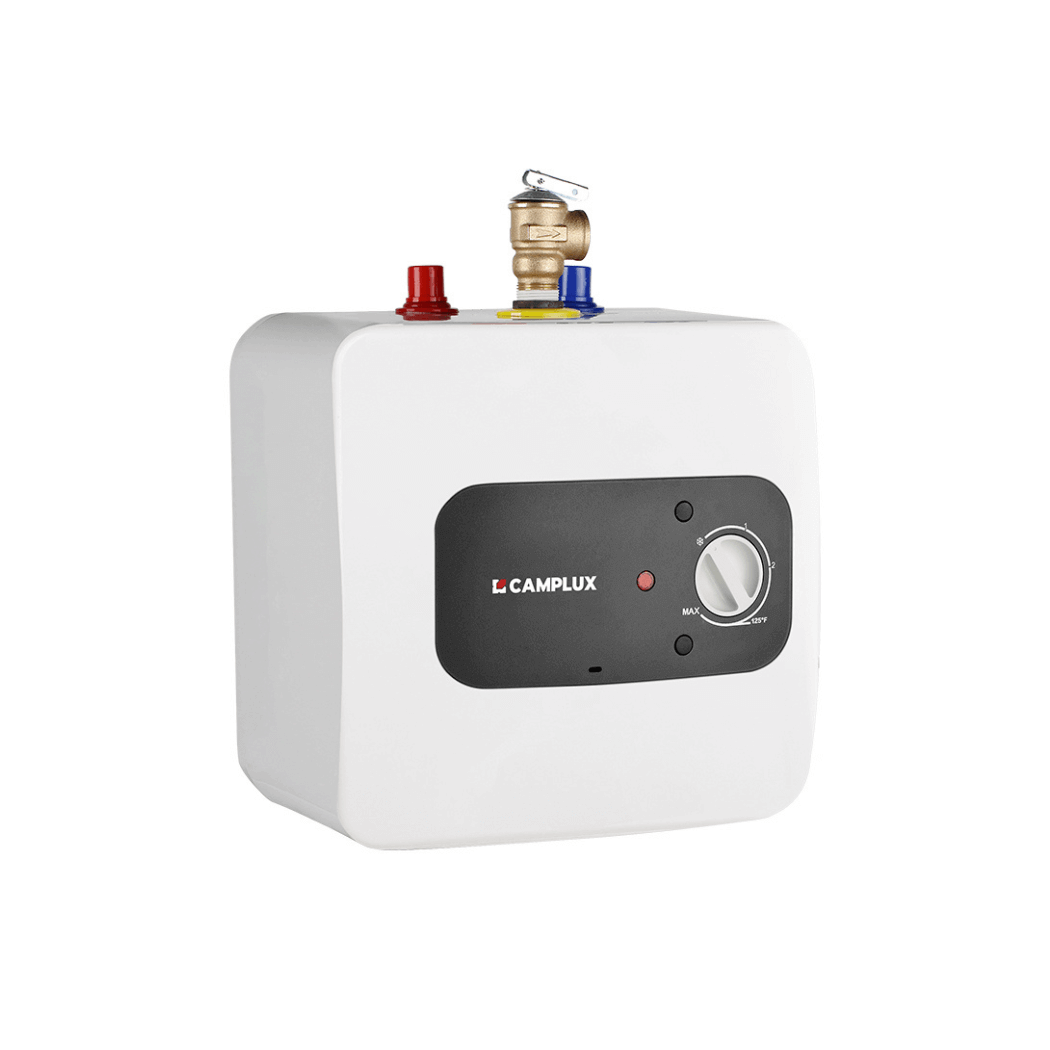
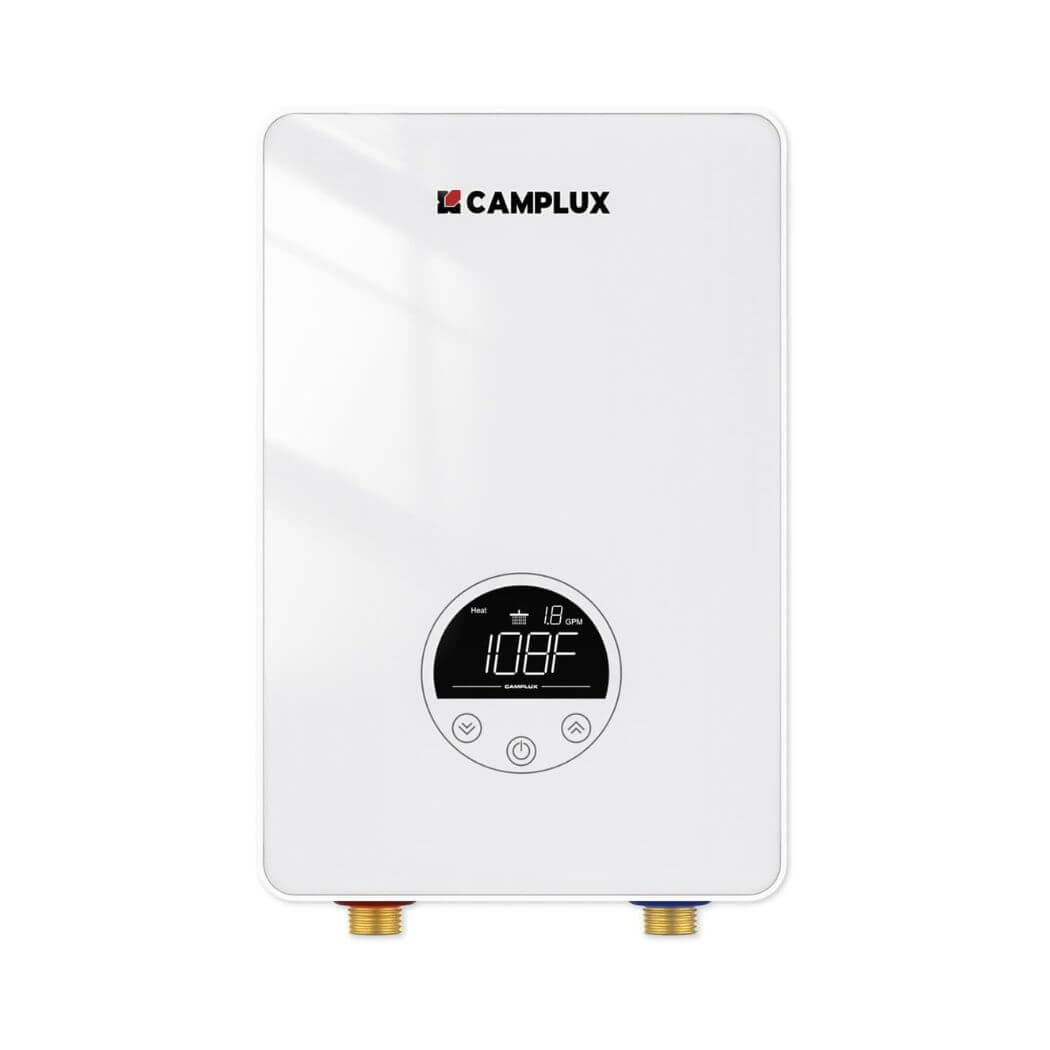
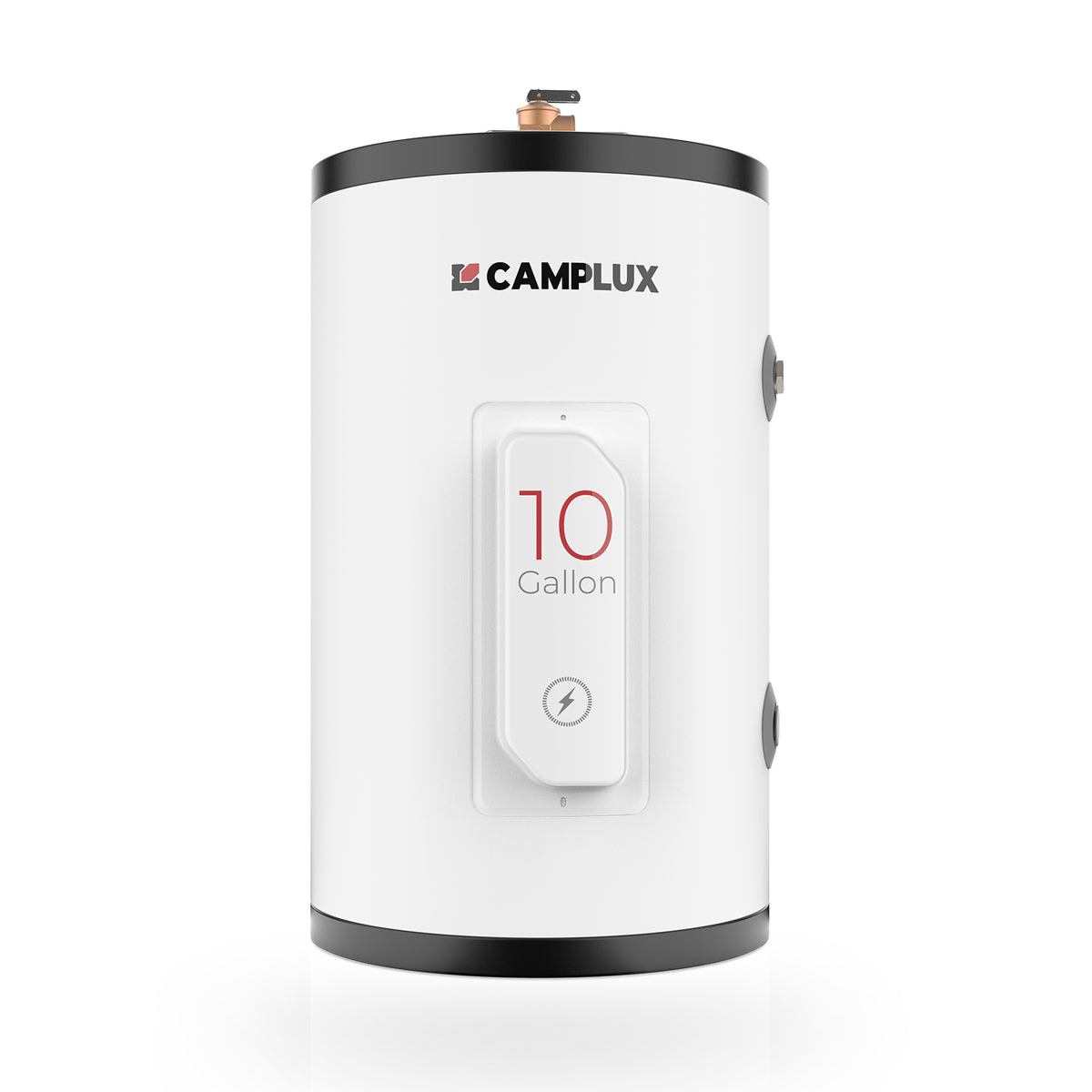
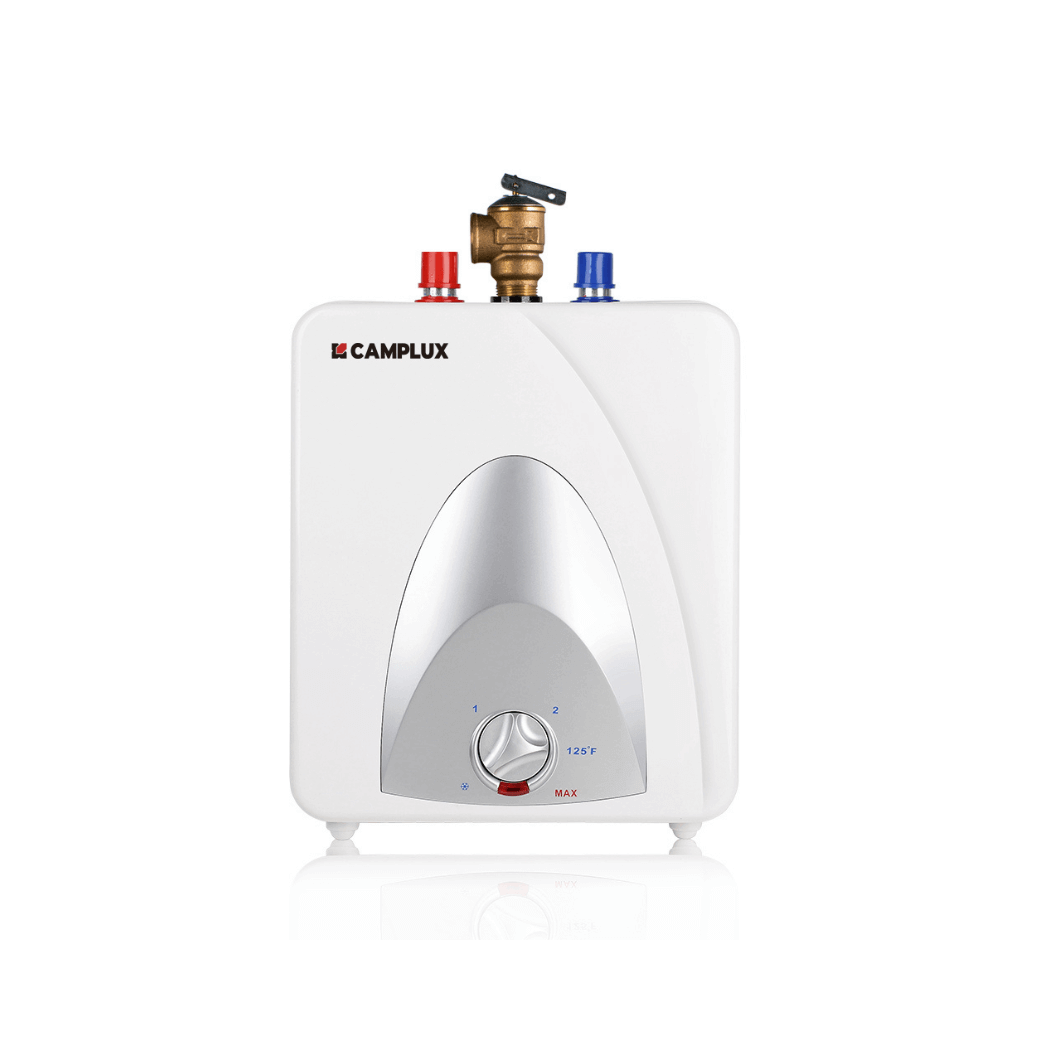
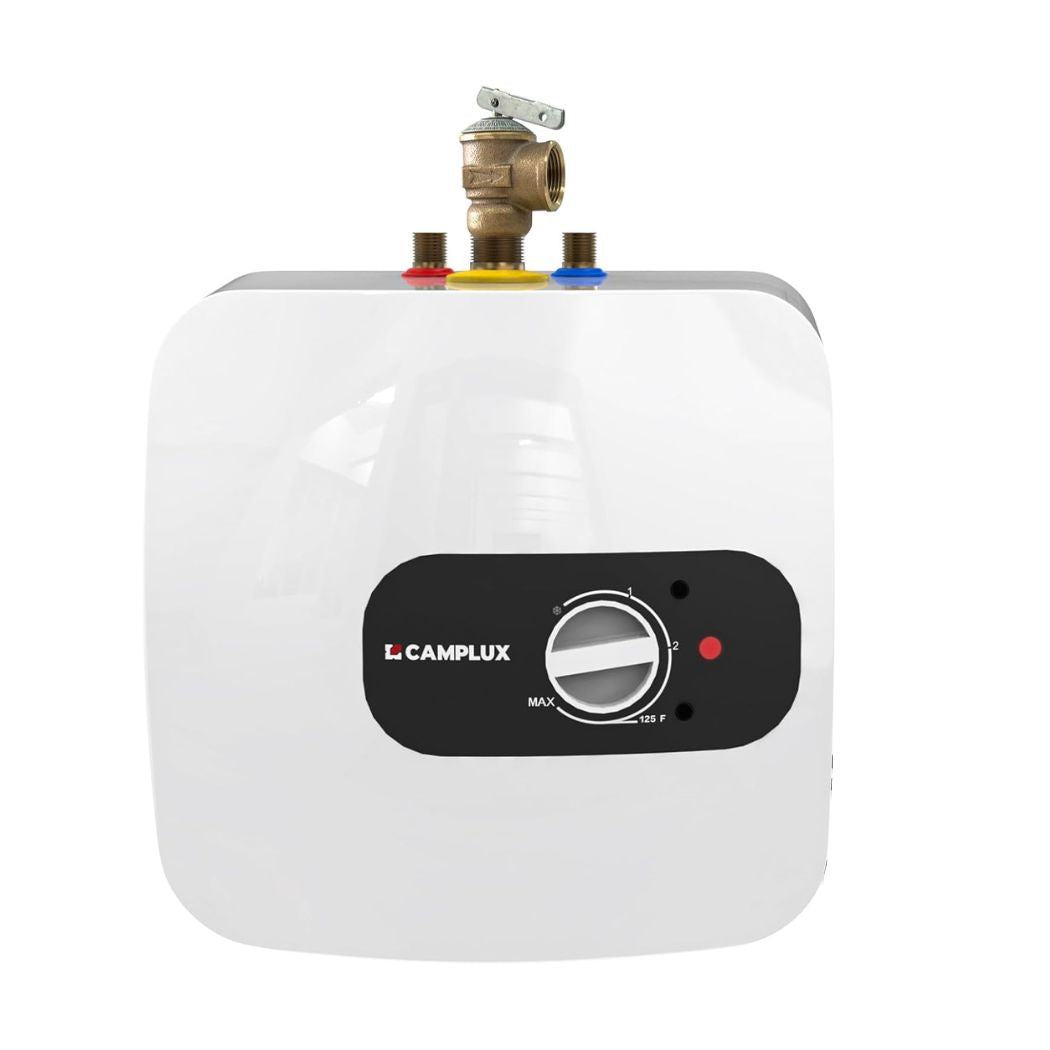

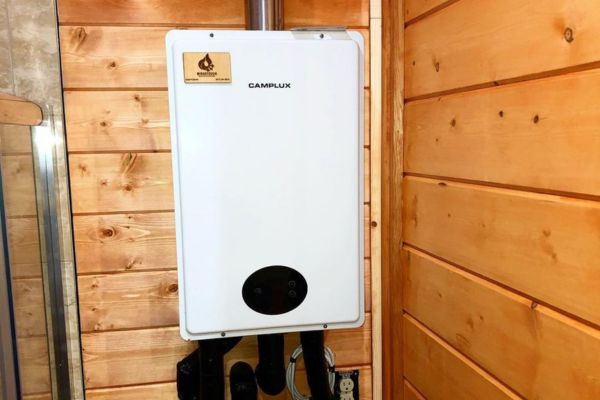
1 commentaire
David Rodriguez
Looking for a qualified company to install the right size tankless water heater
Looking for a qualified company to install the right size tankless water heater